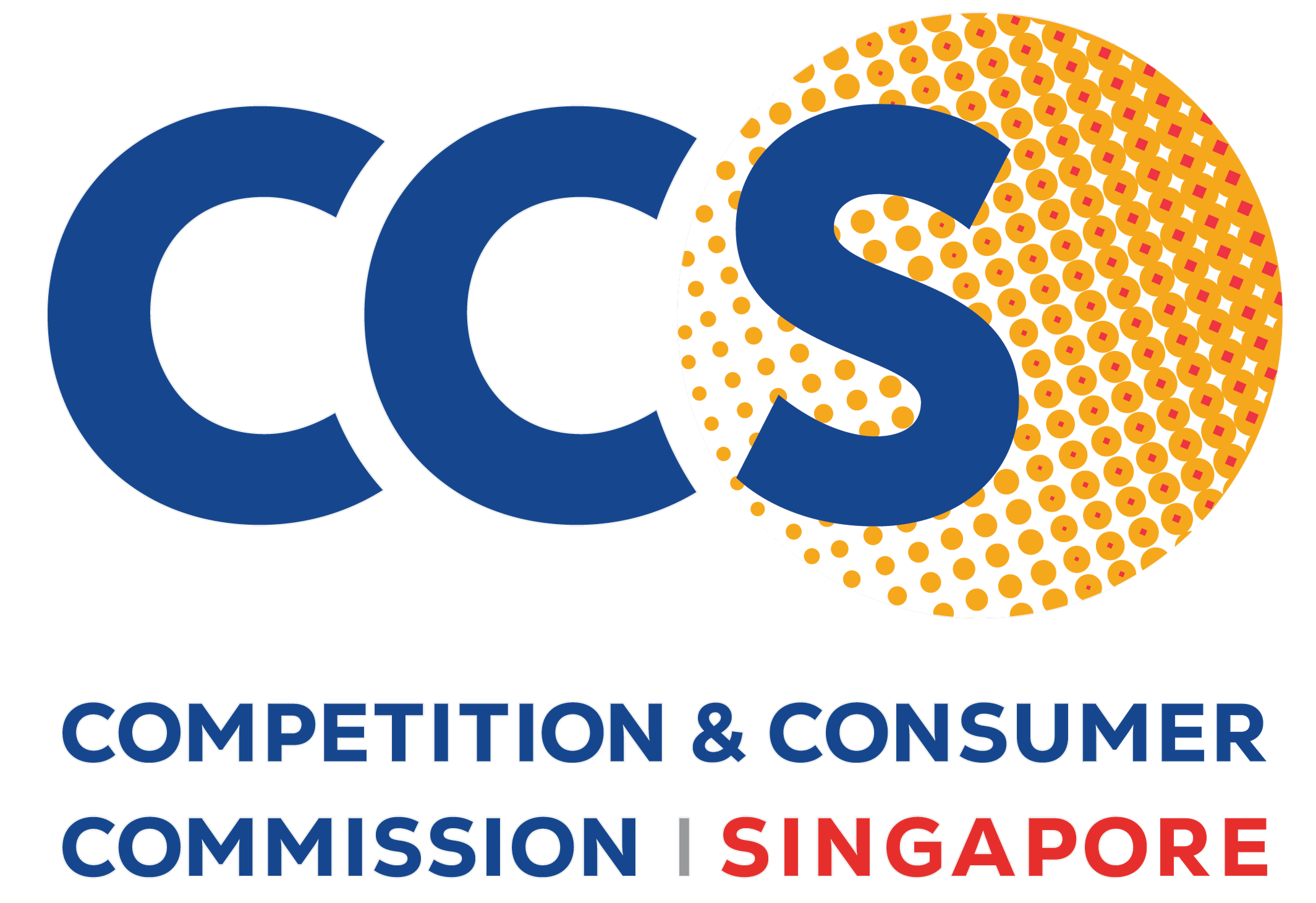CCS Issues Guide to Help Businesses Make Clear and Accurate Product Claims
6 October 2025
(View media release in PDF)
1. The Competition and Consumer Commission of Singapore (“CCS”) has published a guide to help businesses make claims relating to the qualities, uses or benefits associated with their products[1] or business (“Quality-Related Claims”). The guide was developed following concerns raised over potential greenwashing[2] and recent enforcement actions CCS took against businesses found to have made misleading claims.[3]
2. Through the guide, CCS refers to five key principles that businesses should refer to when making product claims[4]:
i. Claims should be true and accurate
· Verify accuracy of claims before communicating to consumers
· Ensure claims do not mislead consumers about why they need the product
· Periodically review information to keep it up-to-date
ii. Claims should be clear and easily understood
· Consider how an average consumer may interpret the claim
· Use plain language and avoid technical jargon
· Avoid using vague or overly broad statements or imagery that may mislead consumers
iii. Claims should be meaningful
· Focus on material product attributes rather than insignificant, standard or mandatory product features
· Any comparisons with other products should be fair and substantiated
iv. Claims should be accompanied by material information
· Provide sufficient substantiation for any claim made
· Present supporting information in an accessible manner as early as possible
· Clearly state any assumptions, limits or conditions underlying the claim
v. Claims should be supportable by evidence
· Substantiate claims reasonably with credible evidence
· Back claims with evidence that is valid, specific and up to date
· Any claimed ambitions or goals should be made with the intention to achieve them and are reasonably achievable
3. The guide includes case studies to help businesses apply these principles in specific contexts. In developing the guide, CCS sought views from industry suppliers and business associations. It is now available on the CCS Website.[5]
4. Consumers can play a big part to keep businesses accountable. With greater access to international markets and more product options, consumers should not accept marketing claims at face value. Consumers are advised to consider whether claims genuinely meet their needs and to seek substantiation or credible user reviews before committing to a purchase.
5. CCS’s Chief Executive, Mr Alvin Koh said, “Beyond helping businesses comply with Singapore’s fair trading laws, we hope that this guide will support businesses in making product claims with clarity and confidence whilst building customer trust. We want to ensure that environmental claims—and all quality-related claims—reflect genuine facts rather than empty promises. Greater transparency ultimately enables consumers to make informed decisions and promote competition on merit.”
6. Consumers who encounter false or misleading claims by businesses can approach Consumers Association of Singapore (“CASE”) for assistance. For more information, please visit https://case.org.sg or call 6277 5100. Consumers can also report false or misleading advertisements by businesses to the Advertising Standards Authority of Singapore (“ASAS”), a self-regulatory body under CASE, at https://asas.org.sg/Feedback/Online-Compla
– End –
Encl. Annex A – Infographics on Guide on Quality-Related Claims
About the Competition and Consumer Commission of Singapore
The Competition and Consumer Commission of Singapore (“CCS”) is a statutory board of the Ministry of Trade and Industry. Our mission is to make markets work well to create opportunities and choices for businesses and consumers in Singapore.
CCS administers and enforces the Competition Act 2004 and the Consumer Protection (Fair Trading) Act 2003, to guard against anti-competitive activities and unfair trade practices. Additionally, CCS ensures that businesses observe fair trade measurement practices by administering the Weights and Measures Act 1975, and ensures the supply of safe consumer goods by enforcing and implementing the Consumer Protection (Trade Descriptions and Safety Requirements) Act 1975 and its associated Regulations.
For more information, please visit www.ccs.gov.sg.
[1] This can apply to a good or a service.
[3] Examples are: (a) Misleading claims made by immigration consultancy businesses on the guaranteed success of applications made through them; (b) Misleading claims made by beauty salons on their need for hair or nail treatment packages; and (c) Misleading claims by water filtration system sellers on the quality of their filtered water, or the quality of Singapore tap water.
[4] Annex A shows a checklist of the five principles.
